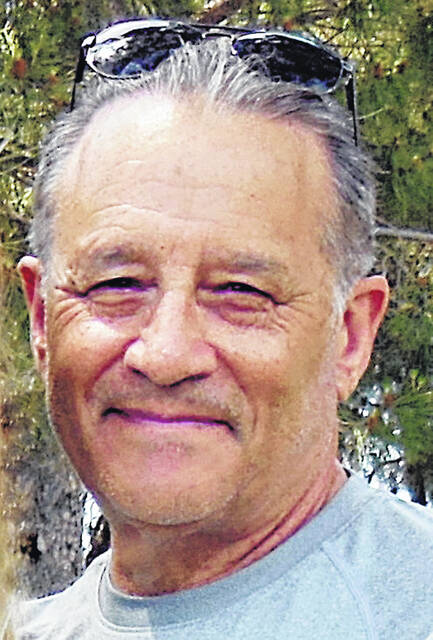
I was on my way up the elevator at The Brookings Institution in Washington, D.C., heading for my office on the sixth floor of the Center for Public Policy Education. My elevator companion was Larry Summers, former president of Harvard and former director of President Obama’s National Economic Council. I remember I was looking forward to presenting a new idea to my colleagues at the center for our morning meeting when Summers said to me, “Did you hear that a plane hit one of the twin towers at the World Trade Center?”
My first thought was, “I’ve been on top of the Trade Towers and watched small planes flying down the Hudson River lower than where I stood on the roof of one of the towers, so I was shocked, but not too surprised.”
I asked Summers if there were a lot of people injured and he said he didn’t know. The doors to the elevator opened and I walked into our office conference room where several of my colleagues were watching the TV with images of the upper third of the North Tower in flames. It was immediately apparent this was not a small plane. Horrified at what was happening, we were all trying to process the scene when minutes later we watched the second plane hit the South Tower. It was at this moment that I knew America was under attack.
My second thought was that my son worked at Lehman Brothers, the investment bank next door to the World Trade Center, and I remember I had trouble getting ahold of him. Thankfully, he was fine.
The Brookings Institution is one of America’s oldest think tanks and its policy elites were convulsing with every imaginable scenario as to what was happening when minutes later the west side of the Pentagon was hit. Word was out that there was another rogue plane that might be headed towards the White House or the Capitol and Washington, D.C. folks were advised to evacuate. I headed for the Dupont Circle Metro station, making my way to the Yellow and then Blue Line to get home to my place in Annandale, Virginia. It so happens that these lines pass right by the Pentagon and thick columns of smoke were rising from the side of the building, blackened and broken from the impact of the Boeing 767.
For me it was like a surreal dream. As a very young child I’d seen the devastation of Berlin after the war, but that was beyond comprehension for someone my age at the time. But seeing the devastation of the Pentagon from the attack was almost beyond belief. Could this really be happening to us in the United States? Was there more to come? The answer was, of course, yes, as we learned that a rogue fourth airliner had crashed in a field in Shanksville, Pennsylvania… later to discover one of the most heroic of actions in U.S. history as passengers of United Flight 93 overpowered the terrorists who had taken control of the plane, crashing it into the field and preventing that plane from another catastrophic crash in the nation’s capital.
Osama Bin Laden was hunted down and killed, but somehow there’s a hard to reconcile equivalency in that for the nearly 3,000 Americans killed in the attacks.
But here’s what I remember about the aftermath of 9-11. Our country was immediately fused with a sense of solidarity. Whatever was necessary to be done to avenge for the terrorist attacks, whatever action was required to hunt down those who were responsible, we were unified as a nation in our commitment to right the wrong and avenge the violence that had been committed against our nation. I’m sure it was similar to what Americans felt in the aftermath of Pearl Harbor.
As we commemorate 9-11, I must say that I miss that inspiring national solidarity. The partisanship that has split our nation is tragic, and the enemy is not a gang of foreign terrorists; it’s a domestic threat that divides our nation. We’ve lost 658,000 Americans to a virulent virus, over 21,000 in Ohio alone, and we can’t seem to get together as a people to overpower this existential threat to our country.
If you haven’t been to New York to see the National September 11 Memorial, the Ground Zero Memorial, and the museum, it’s a must see and an experience for all at some point in a lifetime. It immediately brings to mind what it means to be an American and why it’s so important to think and act as one nation.
Bill Sims is a Hillsboro resident, retired president of the Denver Council on Foreign Relations, an author and runs a small farm in Berrysville with his wife. He is a former educator, executive and foundation president.


